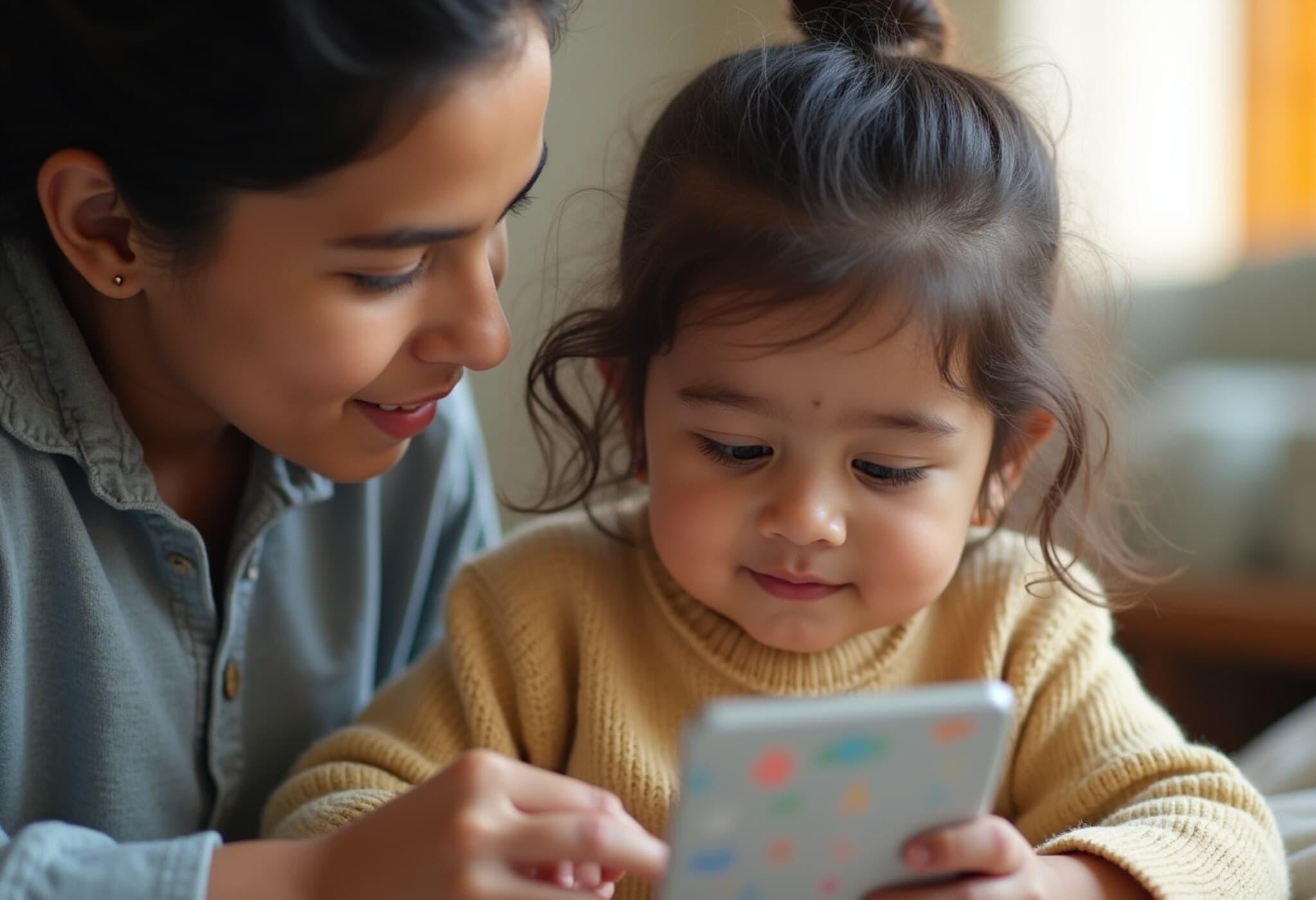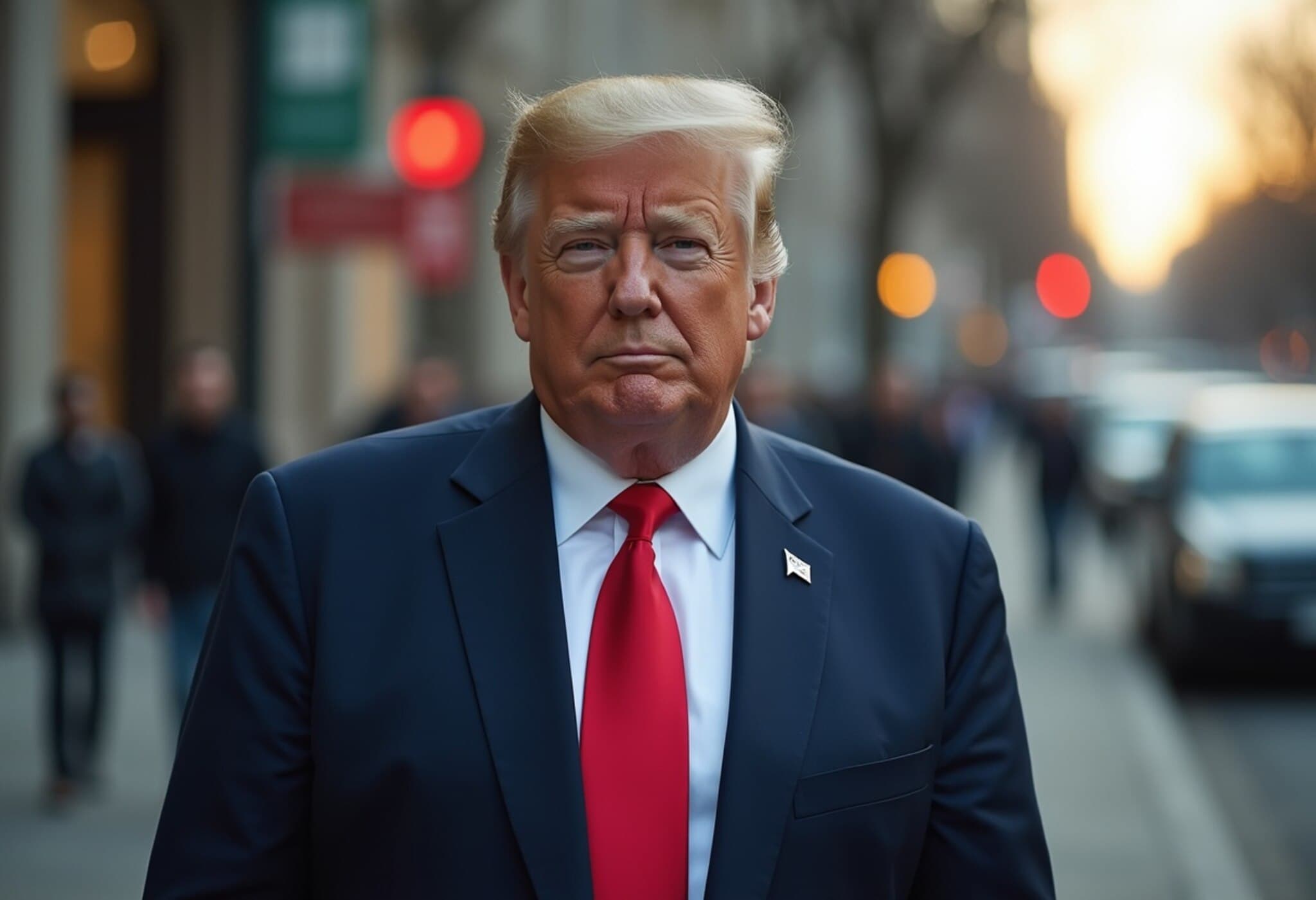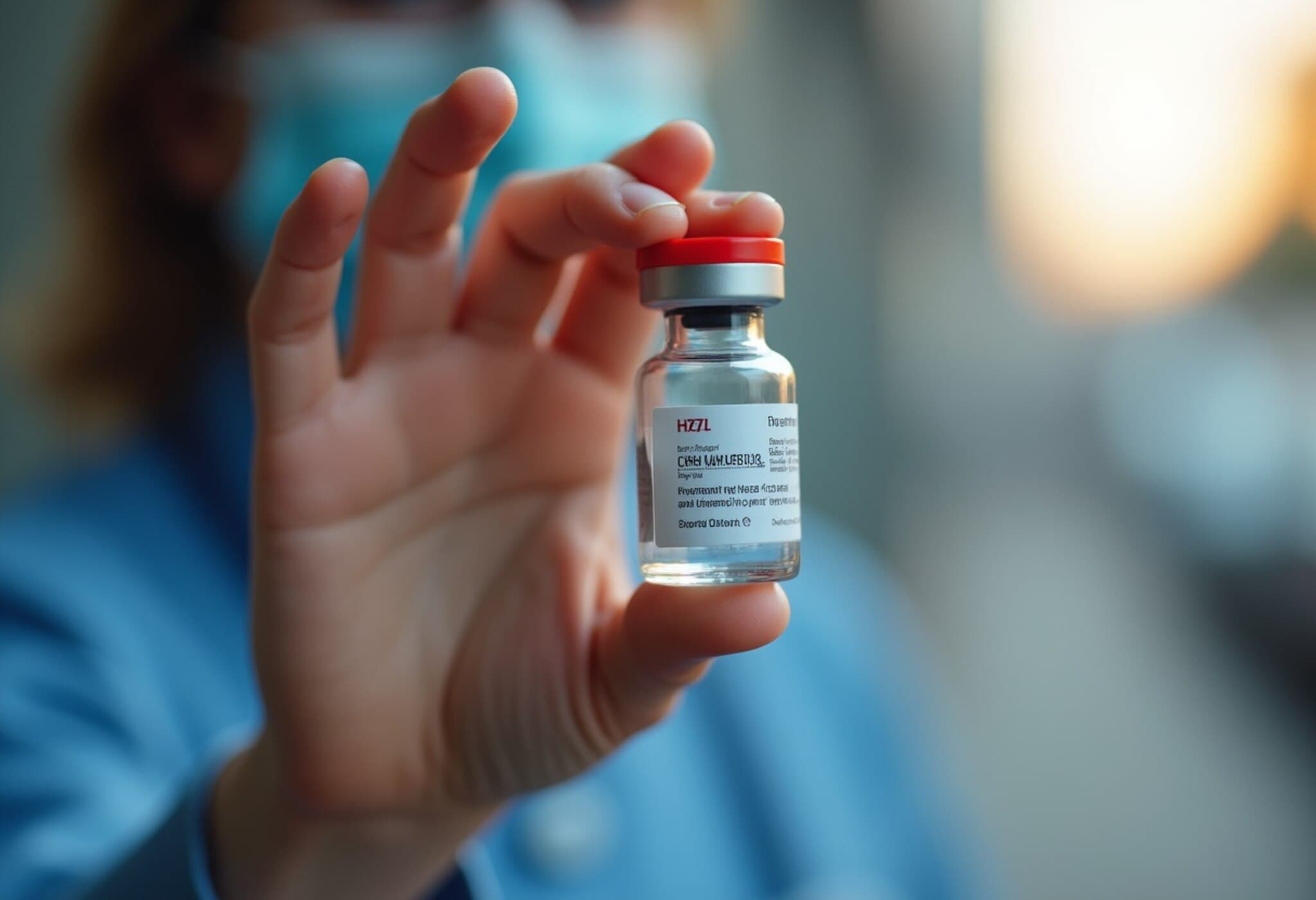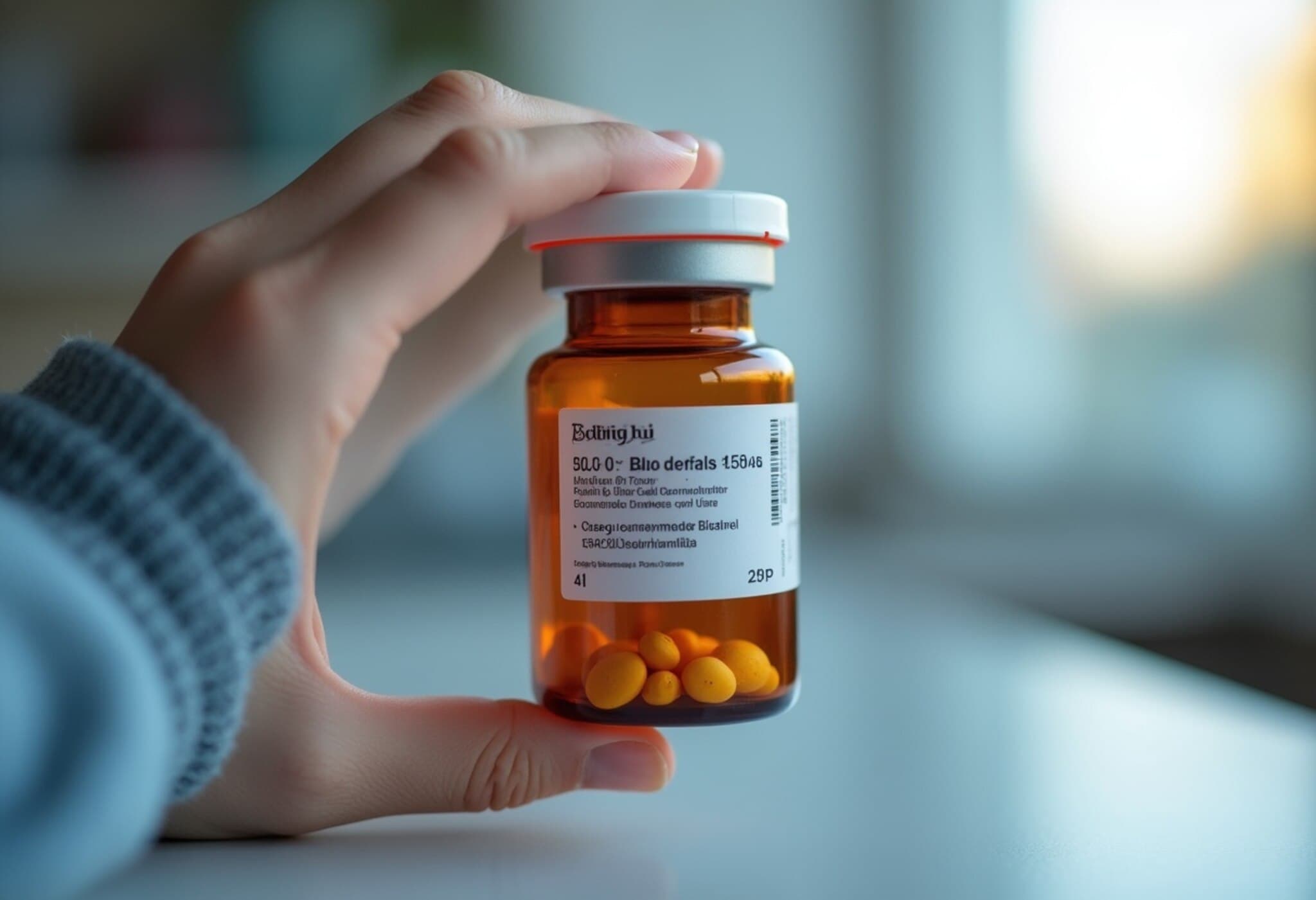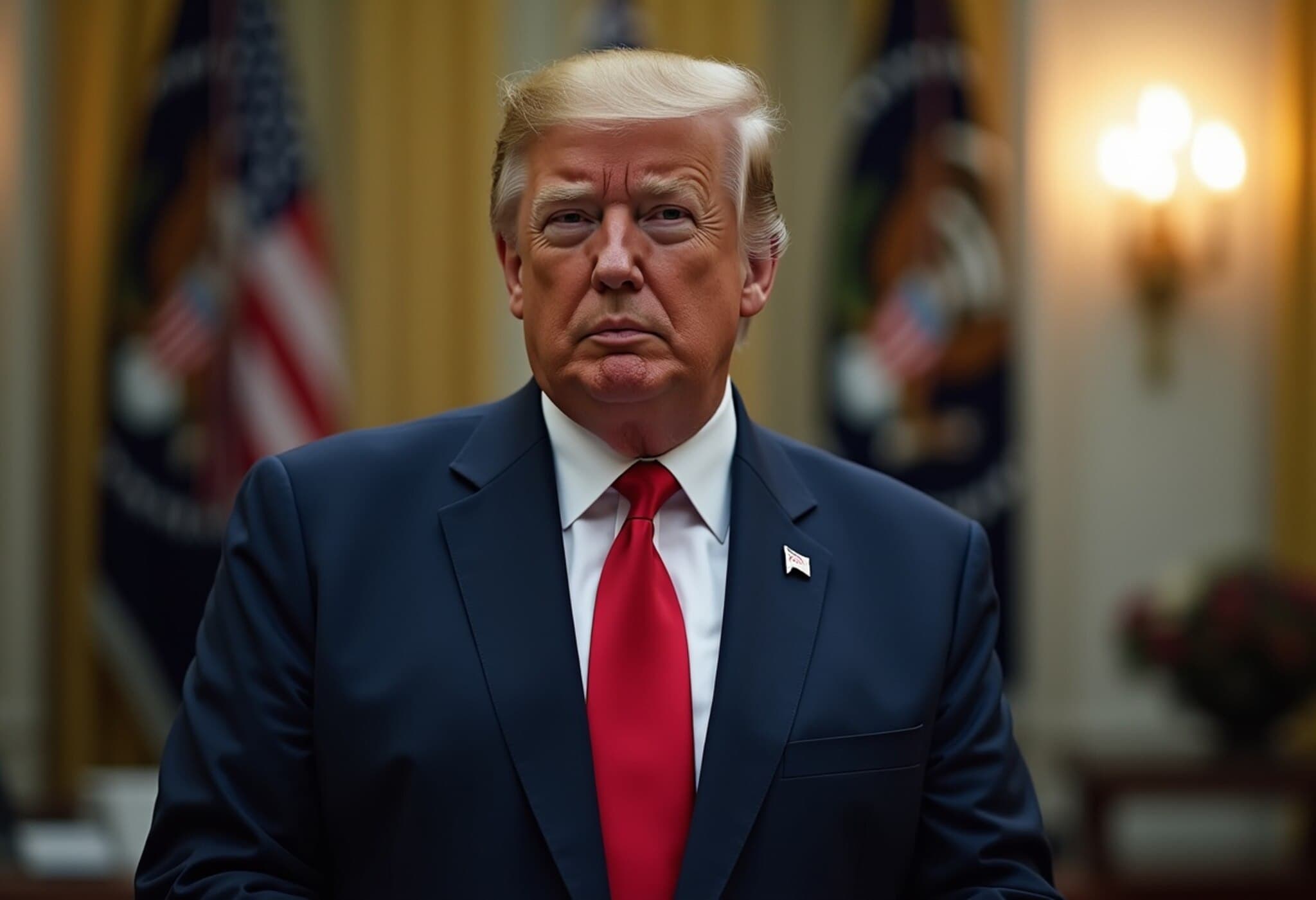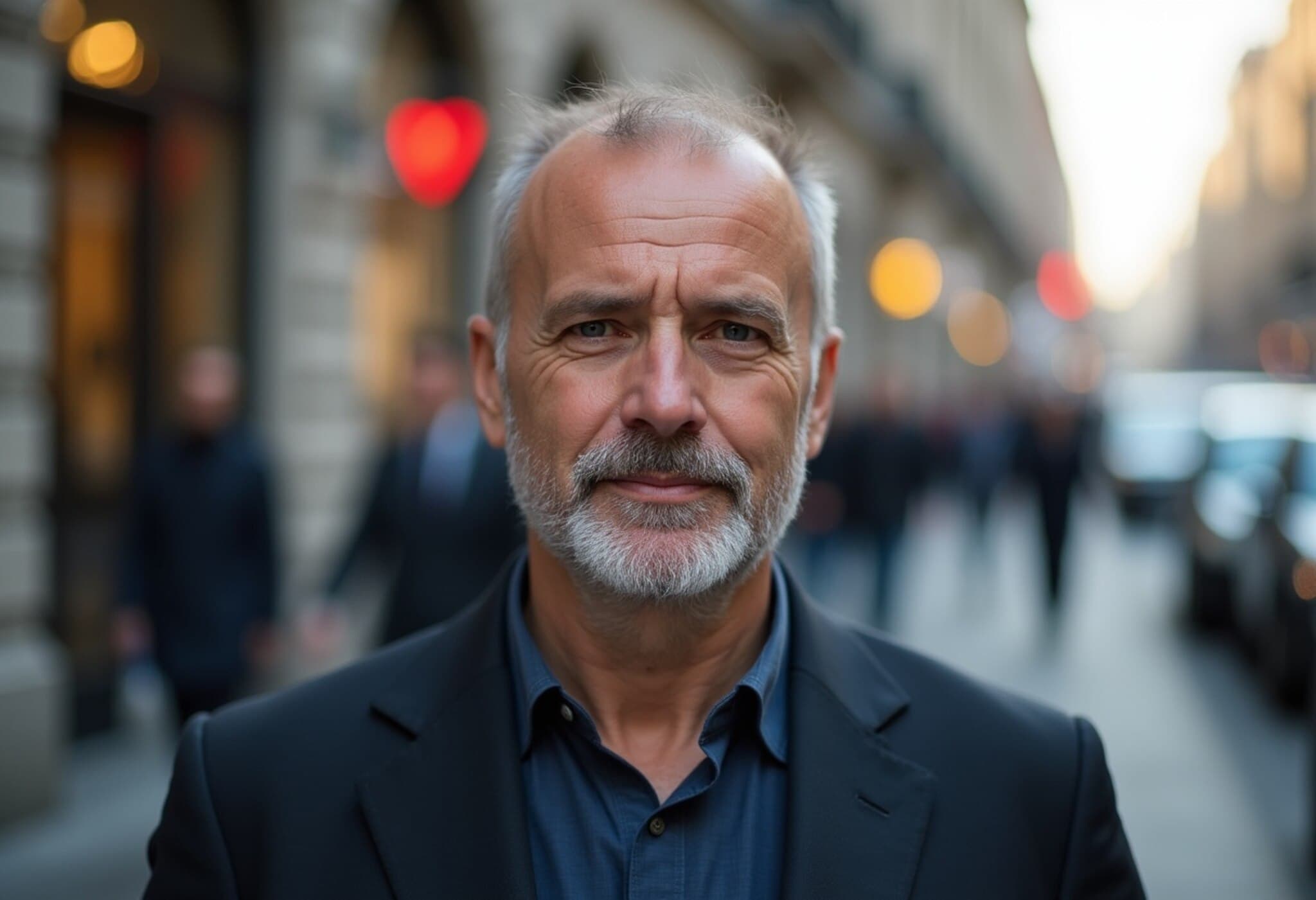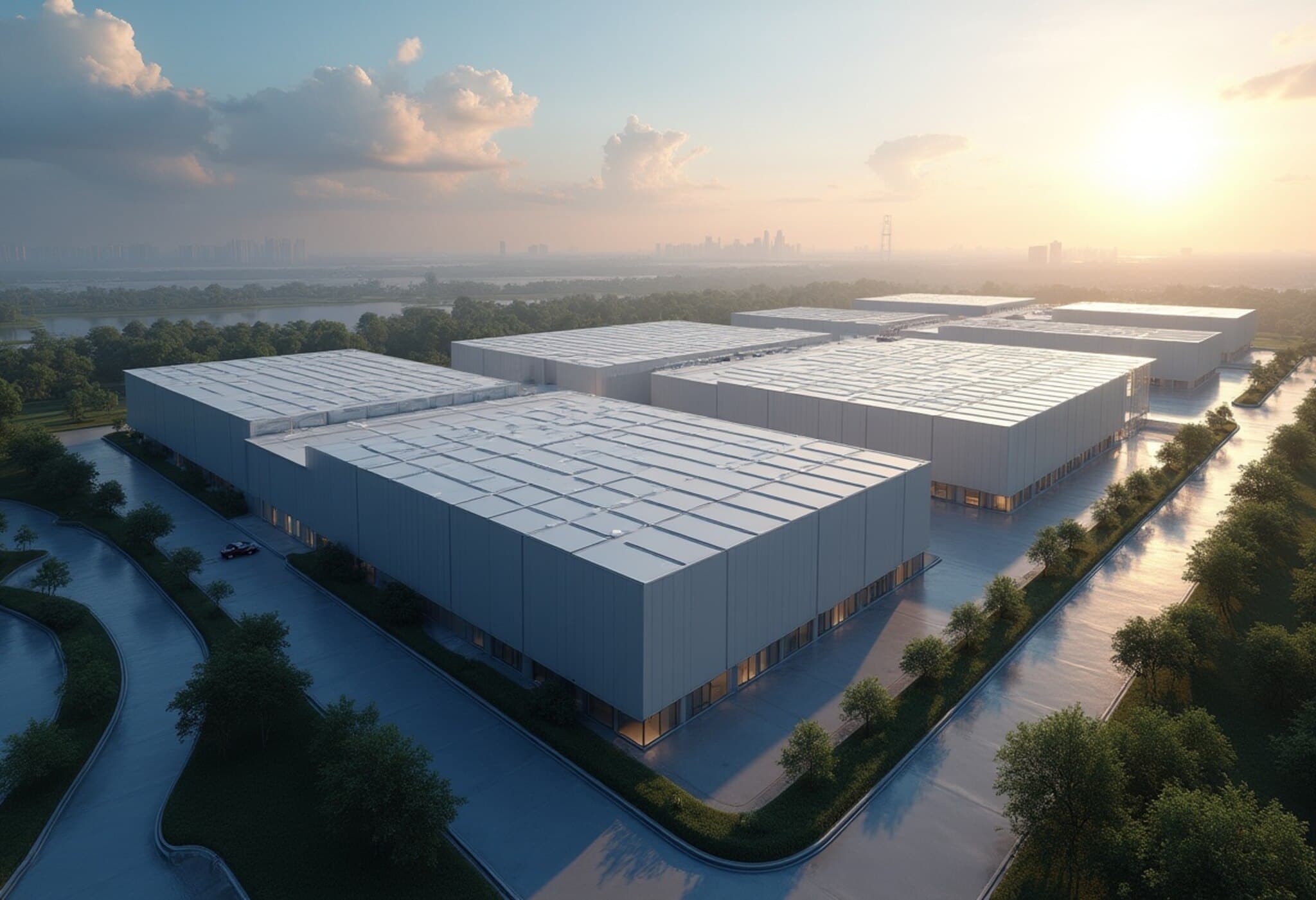The Journey of Pinnacle Blooms Network: India’s Autism Care Revolution
In a quiet village near Miryalaguda, the dawn's soft light welcomed an extraordinary moment. Anjali, a 4-year-old girl with silent eyes, sat cross-legged outside her home. Her mother, Sushmita, gently placed a well-worn laminated mango flashcard in her lap. Weeks of silent attempts preceded this morning—but this time, Anjali’s eyes finally met her mother’s gaze. It was a breakthrough born from hope, persistence, and a revolutionary new care system sweeping India.
The Origin: From Silence to Connection
Just three weeks prior, Anjali and Sushmita began therapy at a Pinnacle Blooms Network center. There, therapist Ravali Yadav introduced them to a therapy model blending empathy, local language, and innovative tools, including the patented AbilityScore®—a developmental scoring system color-coded into red, yellow, and green zones. This score wasn’t just a clinical report; it was a roadmap that guided Sushmita through her daughter’s needs and progress, breaking years of confusion and silence.
Across India, similar silent breakthroughs are happening daily—from rural Telangana to bustling Bengaluru. Behind these private yet powerful moments is Pinnacle Blooms Network, a women-led, AI-powered initiative that now operates in over 70 cities and has transformed millions of lives.
India’s Long-Held Silence on Autism
For decades, autism and developmental delays were misunderstood in India. Many children were mistakenly labeled as defiant or slow, with families told merely to "wait and see." This led to staggering statistics: an estimated 1 in 68 children on the autism spectrum and 1 in 5 displaying speech delays before age five. Alarmingly, over 90% of neurodevelopmental issues remain undiagnosed or untreated, especially outside urban centers.
Therapy options were scarce, with few specialists available and little to no unified screening or developmental tracking across the country. Consequently, families faced a crisis of clarity—no language to understand their child’s needs or guidance to follow. Pinnacle emerged to end this void.
How Pinnacle Began: A Mother-Led Movement
Dr. Sreeja Reddy Saripalli, a mother and healthcare entrepreneur, refused to accept the status quo. Facing delays and confusion herself, she assembled a dedicated team in Hyderabad and envisioned a system that recognized the whole child and family. The result: an evolving ecosystem combining speech therapy, occupational therapy, behavioral analysis, and special education delivered with cultural sensitivity.
- 2014: The first center opened with therapy as an ecosystem, not just a service.
- 2015: TherapySphere® was introduced—a safe integrated therapy environment.
- 2016: PinnacleNationalHeroes® began offering lifetime free therapy to frontline workers' families.
- 2019: AbilityScore® revolutionized developmental tracking with a single, clear number.
- 2021: TherapeuticAI® deployed to predict and manage behaviors in real time.
- 2022: SEVA™ launched, ensuring equitable therapy access regardless of income.
Today, Pinnacle is more than a therapy provider. It’s a movement restoring time, clarity, and hope to families nationwide.
The Pinnacle Innovation Stack
Unlike typical innovation stories of Silicon Valley, Pinnacle’s breakthroughs are deeply human and rooted in Indian realities:
- AbilityScore®: A patented universal developmental score that cuts through ambiguity, providing parents and therapists a clear map to act.
- TherapeuticAI®: AI that supports therapists by tracking behavioral patterns, predicting meltdowns, and allowing real-time adjustments.
- SEVA™: Equitable, stigma-free access ensuring no family is left behind, regardless of income.
- TherapySphere™: Therapeutic spaces designed with sensory science to comfort and stimulate children.
- Everyday Therapy Programs™: Empowering families to embed therapy into daily routines through localized, mobile-accessible modules.
- PinnacleNationalHeroes®: Lifetime free therapy for children of India’s frontline workers as a token of gratitude.
This integrated approach—combining AI, empathy, standardized protocols, and cultural customization—forms India’s first therapeutic operating system, transforming therapy from privilege to routine.
Stories of Real Impact
Take Ravi, a 6-year-old non-verbal boy in Khammam whose aggressive behaviors left him rejected by multiple schools. Enrolled under SEVA™, his AbilityScore® was initially in the red. Three months later, Ravi could follow instructions, use signs for basic needs, and manage transitions without self-harm.
In Bengaluru, 11-year-old Fatima, misdiagnosed as defiant, turned a corner with TherapeuticAI® guided plans. Within six months, she was reading poetry, had friends, and expressed newfound self-confidence.
Rajiv from Chennai, son of a constable, integrated into mainstream education and won a district art award after receiving therapy through Pinnacle’s programs.
These are just snapshots of the countless lives Pinnacle has touched, underscored by relentless dedication and a scalable, inclusive framework.
Recognition Across India and Beyond
Pinnacle’s mother-led model has earned numerous accolades, including:
- South India’s Best Autism Therapy Network
- Praxis Media Women Leadership Award
- YourStory Entrepreneur Spotlight for public health innovation
- Indo Global Excellence Award naming Pinnacle India-Pacific’s #1 Autism Therapy Network
More importantly, it has gained international attention from institutions like Stanford, WHO, UNICEF, and ministries in Nepal, UAE, Kenya, and Bangladesh, eager to replicate its systems.
Why Pinnacle’s Model Works
Real therapy blends precision with empathy, science with soul. Pinnacle thrives because it:
- Functions in 16+ regional languages, respecting local cultures.
- Grows stronger in smaller cities by being locally staffed and modular.
- Empowers therapists with AI as a partner, enhancing intuition.
- Builds inclusion into its very infrastructure, not as a side initiative.
- Prevents burnout with standardized protocols and continuous skill development.
This resilience makes Pinnacle adaptable globally—from African rural communities to diaspora populations worldwide.
A World Model Forged in India
Pinnacle isn’t exporting a mere product; it offers a framework shaped by the needs of the Global South. With minimal infrastructure requirements and deep cultural calibration, the system invites countries to adapt, co-create, and lead their own autism care revolution.
From Kenya to the UK boroughs, from refugee camps in Jordan to urban India, the call is clear: therapy must be built around the child, not institutions, and it must be accessible, measurable, and compassionate.
The Road Ahead: A Collective Vision
With 70+ centers, over 1,600 trained experts, and more than 19 million sessions delivered, Pinnacle’s reach is expanding. However, the true journey extends beyond borders.
Collaborations with governments, health ministries, AI labs, educators, and parent networks worldwide are underway to scale this model. The vision is a global child development dashboard, universally accessible AI-enabled therapy, and equity models transcending income or geography.
This is not just an Indian success story—it’s a new global standard, proving that innovation powered by empathy and led by mothers can rewrite what’s possible for children everywhere.
Final Thoughts: From a Mother’s Perseverance to Global Transformation
The world spent over a century trying to understand autism scientifically. India, through mothers like Sushmita and leaders like Dr. Sreeja Reddy Saripalli, gave it a voice, a universal score, and a future.
Pinnacle Blooms Network stands as a testament to what happens when care is built from the ground up—by those who know the stakes best. It's a story not just to be told but to be followed by global communities seeking inclusive, effective, and dignified autism care.
For families seeking support, Pinnacle offers free AbilityScore® assessments, speech therapy screenings, occupational therapy, and special education assistance. Reach their national autism helpline at 9100 181181 for guidance in your language.

